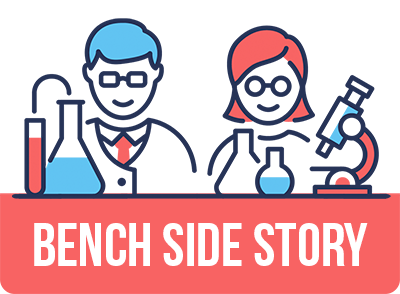CASE STUDY World-first clinical trial improves patient outcomes for kidney transplants
Dr Michael Collins
Royal Adelaide Hospital
Filmed August 2023
A world-first clinical trial conducted at the Royal Adelaide Hospital (RAH) and at hospitals across Australia and New Zealand has identified the best fluid treatment to reduce the risk of patients requiring dialysis after a kidney transplant.
Around one in three people who receive a kidney transplant suffer delayed graft function, which means the transplant doesn’t work immediately and they require dialysis.
The lead-author of the study, was Royal Adelaide Hospital Nephrologist and University of Adelaide researcher, Dr Michael Collins.
During the four-year study, fluids were trialled in 808 patients with kidney failure, who received a kidney transplant from a deceased organ donor at the RAH and 15 other hospitals in Australia and New Zealand.
Researchers at the University of Adelaide and University of Sydney, found 30 per cent of participants who received Plasma-Lyte 148 needed dialysis after transplant, compared with 40 per cent of participants who received saline.
The results of the study are now being used to improve the health of kidney transplant patients in Australia and New Zealand and it is likely that practice will change at transplant units around the world.
You Might also like
-
Clinical guidelines for diagnostics and early intervention in Primary Aldosteronism
Primary Aldosteronism (PA), or Conn Syndrome, is the most commonly under-diagnosed cause of high blood pressure affecting millions of people. Associate Professor Jun Yang’s goal is to facilitate the diagnosis of every case of PA and make treatment widely available to all communities including the disadvantaged.
-
Dr Lisa Melton
RESEARCH IN SANFILIPPO
@ SANFILIPPO CHILDREN’S FOUNDATION
SYDNEY, NEW SOUTH WALES, AUSTRALIA -
Dr Meghan McIlwain
DR MEGHAN MCILWAIN, CLINICAL RESEARCH MANAGER
PRESIDENT, THE NEW ZEALAND ASSOCIATION OF CLINICAL RESEARCH,
AUCKLAND, NEW ZEALAND



